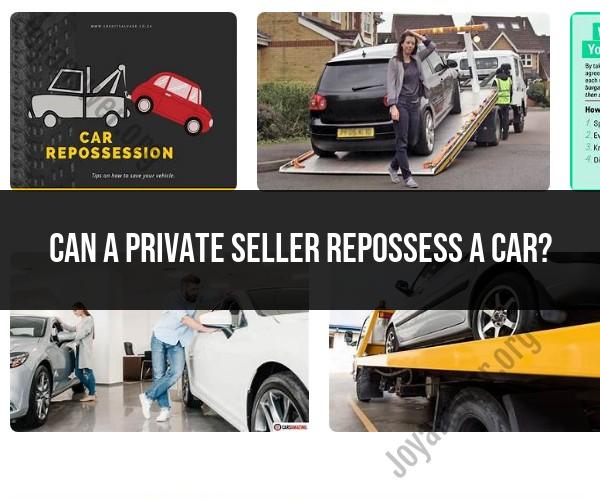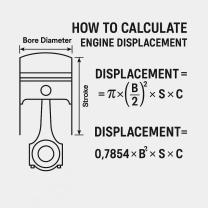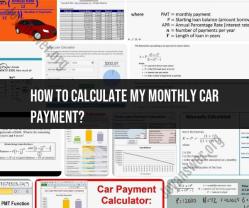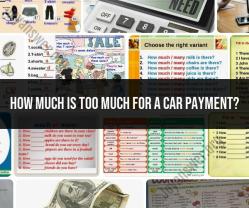Can a private seller repossess a car?
In most cases, a private seller does not have the legal right to repossess a car that has been sold to a buyer. Repossession typically pertains to situations involving auto loans or financing agreements with a lending institution or a dealership. When you purchase a vehicle from a private seller, you are generally engaging in a private sale, and the transaction is typically completed with the transfer of ownership and payment.
The legal concept of repossession typically involves a lender or financing company taking back a vehicle when the buyer has defaulted on their loan or financing agreement. This is regulated by state and federal laws, and there are specific procedures that must be followed. These lenders have a security interest in the vehicle until the loan is paid off, which allows them to repossess the vehicle if the borrower fails to make the required payments.
However, there can be some exceptions or unique situations. For example, if the vehicle was sold fraudulently, if the seller had a legal right to reclaim the car for some other reason (e.g., unpaid debts owed by the buyer), or if there were specific contractual arrangements made in the sale agreement that allow for repossession, then a private seller might attempt to take back the car. In such cases, the legality and specific circumstances would need to be evaluated, and it's often advisable to consult with a legal professional for guidance.
In most typical private car sales, though, the buyer gains full ownership of the vehicle once the sale is complete, and the seller would not have the right to repossess it without going through the appropriate legal channels and demonstrating a legitimate reason to do so.
Can a Private Seller Repossess a Car? Legal Aspects
In most cases, a private seller cannot repossess a car without a court order. This is because the buyer becomes the legal owner of the car as soon as they pay for it, even if they have not yet finished paying off the loan.
However, there are some exceptions to this rule. For example, a private seller may be able to repossess a car if:
- The buyer fails to make any payments on the loan.
- The buyer breaches the terms of the sale agreement, such as by failing to maintain the car or by transferring ownership of the car to someone else without the seller's permission.
- The seller has a security interest in the car, which is a legal right to repossess the car if the buyer defaults on the loan.
Understanding the Rights and Responsibilities of Private Sellers
When selling a car privately, it is important for sellers to understand their rights and responsibilities. Sellers have the right to set the terms of the sale, such as the price, payment terms, and any conditions on the sale. Sellers also have the right to repossess the car if the buyer breaches the terms of the sale agreement.
However, sellers also have certain responsibilities. For example, sellers must disclose any known defects in the car to the buyer. Sellers must also provide the buyer with a title to the car.
Avoiding Potential Repossession Disputes
To avoid potential repossession disputes, it is important for sellers to take the following steps:
- Get a written sales agreement in place. The sales agreement should include all of the terms of the sale, such as the price, payment terms, and any conditions on the sale.
- Disclose any known defects in the car to the buyer.
- Provide the buyer with a title to the car.
- If the buyer defaults on the loan, send the buyer a written notice before repossessing the car.
Buyer's Protections in Private Car Sales
Buyers of private cars have certain protections under the law. For example, buyers have the right to inspect the car before they buy it and to negotiate the terms of the sale. Buyers also have the right to sue the seller if they discover any hidden defects in the car after they buy it.
In some states, buyers also have the right to a cooling-off period after they buy a car. This allows buyers to cancel the sale and get a refund if they are not satisfied with the car.
Legal Recourse for Repossession-Related Issues
If you have a repossession-related issue, you may have legal recourse. For example, you may be able to file a lawsuit against the seller if the seller repossessed the car without a court order or if the seller breached the terms of the sale agreement.
You may also be able to file a complaint with your state's attorney general's office. The attorney general's office may be able to investigate your complaint and help you resolve the issue.
If you are facing repossession, it is important to contact an attorney to discuss your legal options.












